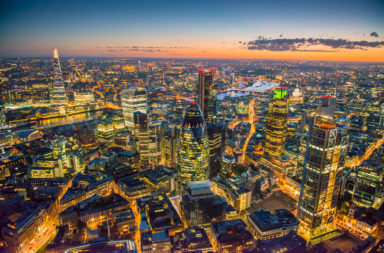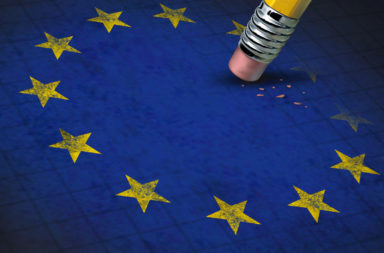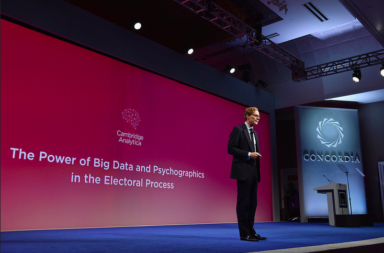By Denis MacShane in London*
In the ‘remain’ camp of Britons wishing to stay in the European Union, there is a singular lack of passion, enthusiasm, high horizons, or a sense of Britain leading in Europe. But all this is badly needed if the UK is to remain inside, as I hope it will.
After the Brussels atrocities, Conservative party infighting over the budget, and fears about massive new immigrant arrivals, the bookmakers are shortening the odds on Brexit. British pro-Europeans can hope for the best, but should prepare for the worst.
The UK’s political-media establishment has told the British people for 20 years that Europe is the antithesis of democracy: ‘bossy and bureaucratic’, to use Prime Minster David Cameron’s language.
Now Europe suffers terrorist attacks killing dozens in Belgium and Paris, even as Cameron says the EU is essential for our security. The great waves of immigrants from the geopolitical disasters of Iraq, Libya and Syria, and the open visas proposed by German Chancellor Angela Merkel and Brussels for 80m Turks, support British anti-immigrant prejudice.
To combat this, we see little political leadership. Officially, all the main party chiefs are anti-Brexit. But can Cameron rely on the hard-left Labour party leadership, the moribund Liberal-Democrats, the wilting Green party and the separatist Scottish Nationalist party to deliver him victory? As the Conservative party civil war develops, the prime minister’s authority is evaporating. By 23 June not many will be listening to him.
One area where politicians need to speak out is in clarifying the EU’s essential purpose. When Britain joined the European Economic Community in 1973, and confirmed the choice in the 1975 referendum, eurosceptics claim, wrongly, that voters thought they were joining a common market, a free trade zone that was just about expanding commerce, not about politics or supranational integration. Such statements need refuting.
In the 1975 referendum campaign, Margaret Thatcher, the future prime minister, famously lit a candle to commemorate peace in Europe. ‘Better to lose some sovereignty than to lose your son and daughters’ read one 1975 poster.
A 16-page government brochure posted to every household listed as the EEC’s aims to bring together the peoples of Europe; to raise living standards and improve working conditions; to promote growth and world trade; to help the poorer regions of Europe and the rest of world; and to help maintain peace and freedom.
Other than the third reason about growth and world trade, the other four are all overtly political ambitions. Yet UK politics today plays down all these high-flying goals. The debate is reduced to one of trade, investment and jobs, where the estimates of likely repercussions vary enormously.
We do know that, if Brexit happens, considerable chaos and confusion will ensue. A new prime minister – almost certainly Boris Johnson – would feel obliged to impose some anti-EU demands, including ‘regaining control of frontiers’ and ‘making the House of Commons supreme over EU laws and directives’.
If a post-Brexit UK started imposing limits or quotas on EU citizens, or repudiated EU directives, swift and damaging reciprocal action would almost certainly follow. At a minimum, the open easy-flow frontiers between France and England, Northern Ireland and the Republic of Ireland, and Spain and Gibraltar would be transformed. So would be the status of every EU citizen in Britain and every Briton in Europe. We would be back to an era of work and residence permits.
So far, most of the debate has been about dry economic statistics. The EU is much more than that. It is high time the pro-EU campaigners in Britain made that clear.
*Denis MacShane is a former Minister of Europe and a Senior Advisor at Avisa Partners. He is a member of the OMFIF Advisory Board. This is No.20 in the series. This article was first published here.




